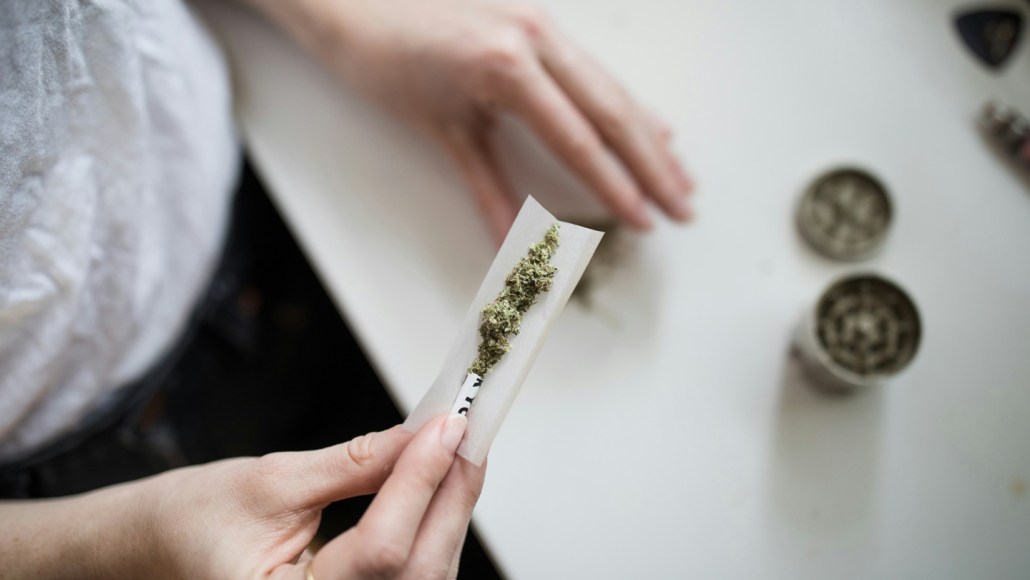Chemicals in marijuana may affect women’s fertility
A new study offers some of the first hints at how THC affects female fertility

THC, the main psychoactive chemical in marijuana, may help eggs become ready for fertilization. But this could come at the cost of more eggs with the wrong number of chromosomes.
Thought Catalog/UnSplash







